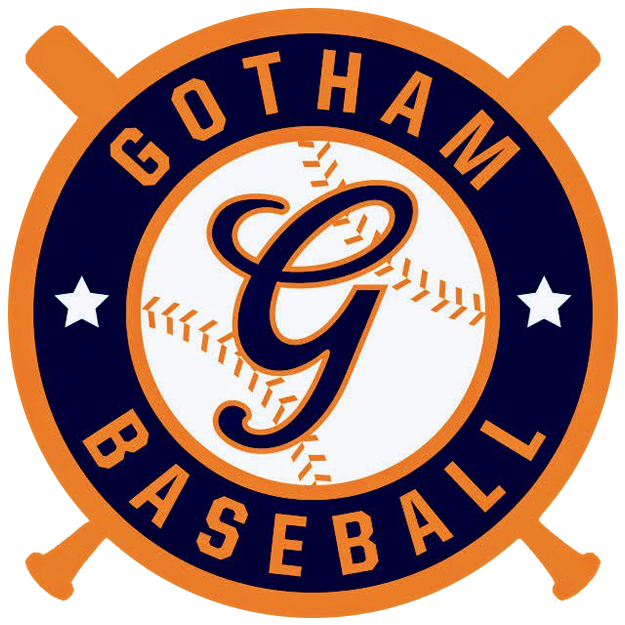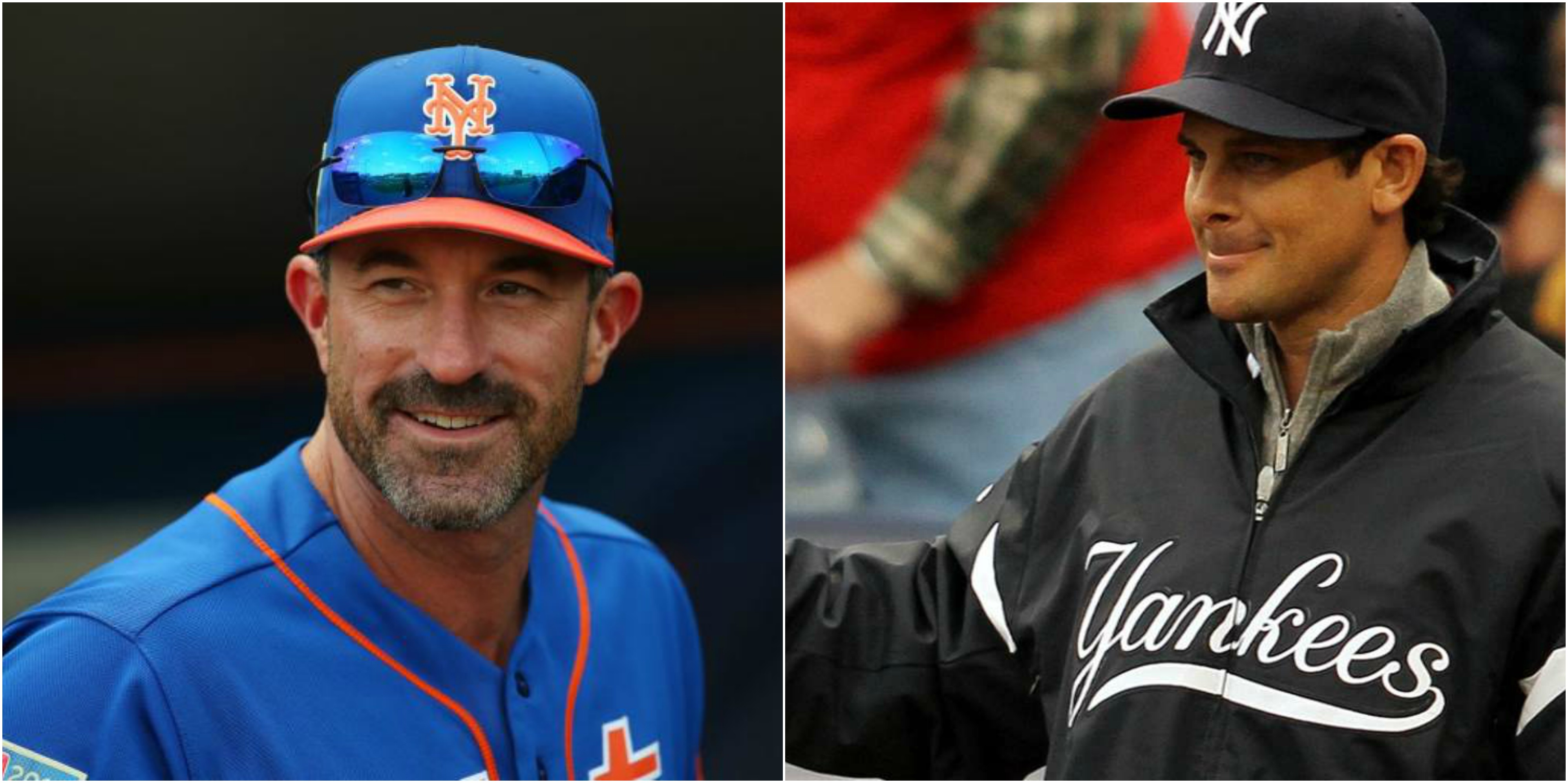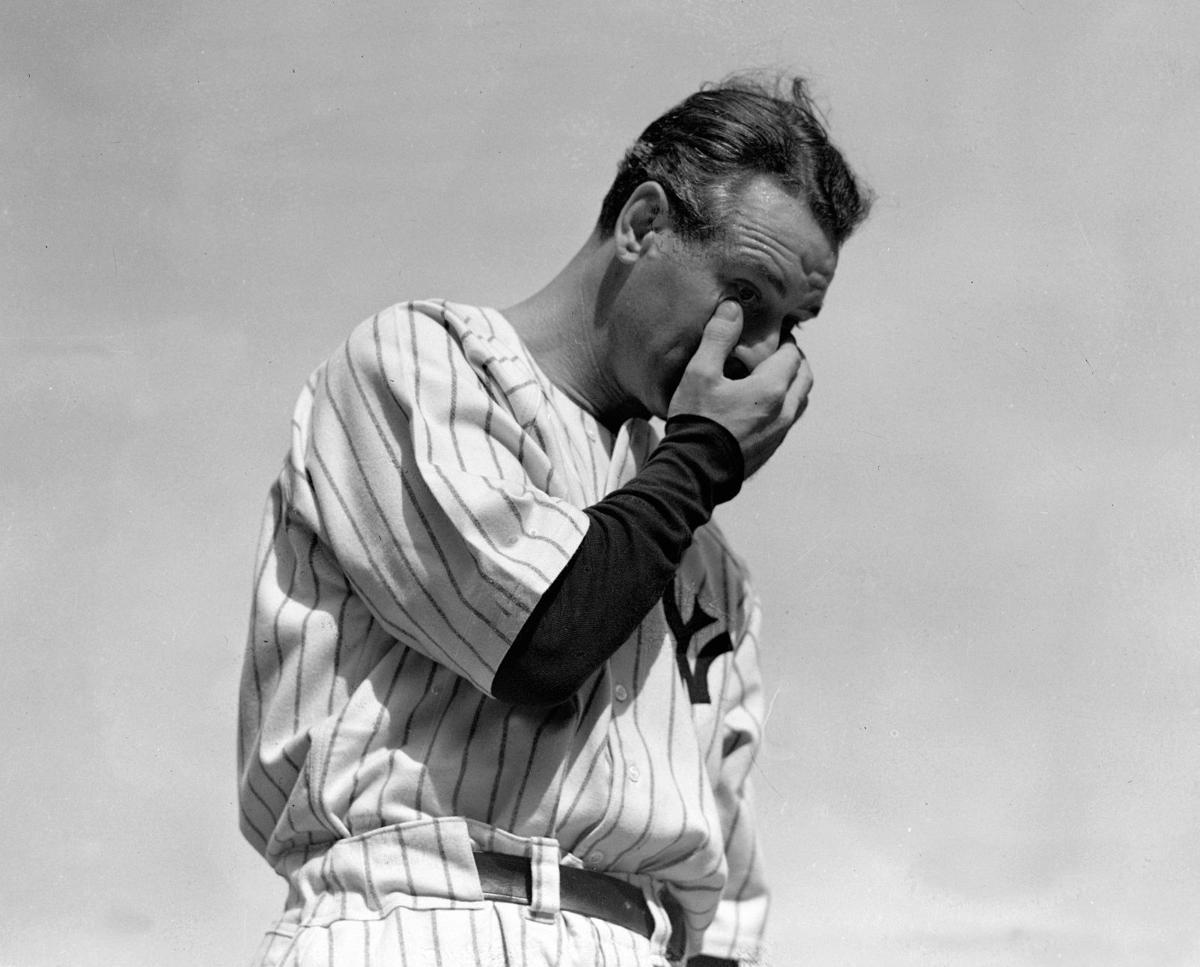This coming Monday, former Gotham Baseball scribe Howard Megdal, the author of Wilpon’s Folly joins Mark Healey on “Baseball Digest LIVE” at 10am ET
In case you haven’t heard, the Fred Wilpon / Saul Katz ownership group is in a bit of trouble these days, and no one, and I mean no one has been doing a better job of reporting on this mess than Megdal.
In the course of a year, the public has become far more aware of ownership’s financial problems. Anger among the team’s supporters is at an extraordinary level, with even the most innocuous postings on Metsblog.com, for instance, attracting dozens of exhortations to Fred Wilpon to liberate the team from its ruinous off-the-field problems by selling it. And these are the committed fans; many others are simply tuning the Reyes-less Mets out.
“Wilpon’s Folly” is a comprehensive look at just how dismal the financial outlook of the Wilpon / Katz ownership is. But it is also incredibly accessible, and in stark contrast to what many folks are writing about the Mets these days, an objective and agenda-free read.
***
While Megdal’s book and many other reports these days concern the team’s finances, most of what I have written about over the years about the Mets is about the dysfunction of ownership and its relationship with the front office. Let’s face it, if the Mets were a well-run organization, or even remotely proficient in their ability to procure talent, the financial problems would be difficult, yes, but not impossible to overcome. I mean, really, people who love to blame Omar Minaya solely for the sloppiness of the last few years either have a short memory or are just plain ignorant.
I don’t mean to absolve any Mets GM of the last 25 or so years for mistakes they’ve made, but to think that Fred Wilpon has kept himself free and clear of any decisions except to say ok to money transactions is as big a joke as the charde of a GM “search” that was conducted last winter.
As for sloppiness, remember this debacle?
Wow, talk about foreshadowing. I have grown to respect Steve Phillips as a colleague at SiriusXM, and as I have researched his tenure, can pretty much identify which deals he was in front of and which ones he wasn’t.
Phillips took a leave of absence on Nov. 8, the eve of important general manager meetings at which teams pursue trades and free agents. He was immediately, and somewhat reluctantly, replaced by Frank Cashen, who had last served as the Mets’ general manager in 1991. Cashen made one deal while he was in charge — acquiring the controversial ex-Met Bobby Bonilla for the unpopular reliever Mel Rojas, a trade that Phillips had laid the groundwork for before he stepped aside.
Did Phillips lay the groundwork for a deal involving Bonilla? Or simply talk to the Dodgers about Rojas? Hard to figure out all of the years later, especially when all of the GMs and other front office people that leave the Mets need to sign non-disclosure agreements. In any event, listen to this doozy of a quote from Fred Wilpon regarding the return of Bobby Bonilla.
‘I can’t predict what’s going to happen,” said Wilpon, a Bonilla believer. ”He’s a different guy. He has the strongest desire I’ve ever heard about not ending his career without making it in New York. That’s motivation. I have high regard for what he has left. I think he will be an important addition to this club.”
Wilpon, who has seen major off-season moves backfire before, acknowledged that bringing Bonilla back is a calculated risk, but he believes Bonilla has another motivating factor working in his behalf.
”He has one wonderful, smart and strong-willed wife,” Wilpon said of Millie Bonilla. ”She loves Greenwich, where they live. She’s ecstatic. She wants to be here. They want to be here. It makes a difference. He’s going to live in Greenwich when he’s through playing. So he has a lot of motivation.”
So, the owner is a “Bonilla believer” and he was traded for during Philips’ leave of absence by Frank Cashen? C’mon, you can’t make this stuff up. I don’t what I enjoy more, the “high regard” comment or the monologue about how Mrs. Bonilla was going to “motivate” Bobby to play better.


